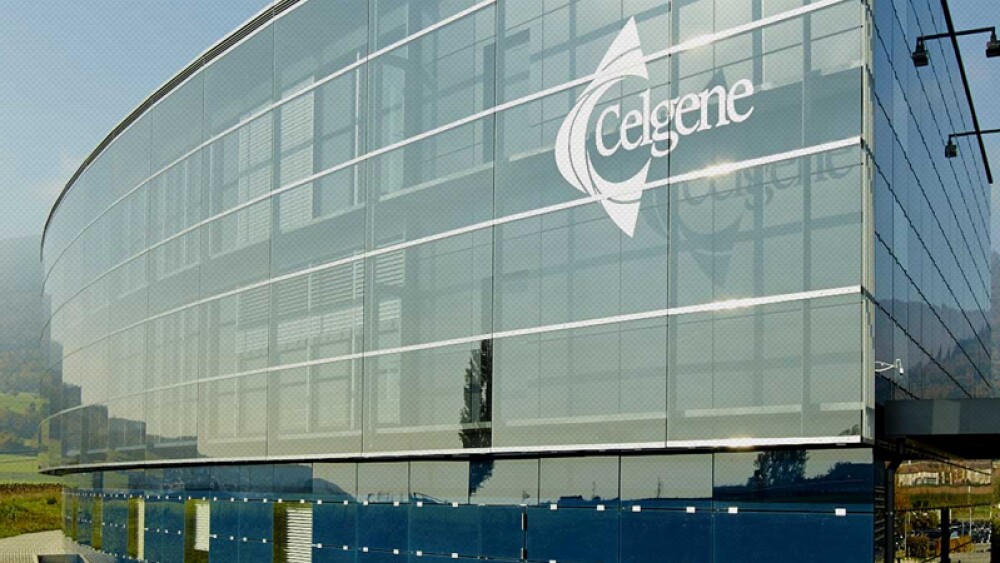December 7, 2016
By Alex Keown, BioSpace.com Breaking News Staff
SUMMIT, N.J. – Shares of Celgene are down more than 5 percent this morning after the company announced it will not move forward on its Phase III tnAcity trial of Abraxane for the treatment of breast cancer after disappointing Phase II results.
This morning the company announced results from its Phase II trial at the 2016 San Antonio Breast Cancer Symposium. Results revealed a weekly regimen of Abraxane and carboplatin has a significantly longer progression-free survival (7.4 months) compared to weekly regimens of either Abraxane and gemcitabine (5.4 months) or of carboplatin and gemcitabine (6 months) as first line treatments of triple negative breast cancer.
Additionally, the tnAcity study found that patients treated with a combination regimen of Abraxane and carboplatin experienced a longer median treatment duration (25 weeks) than those treated with Abraxane + gemcitabine (18.1 weeks) or carboplatin + gemcitabine (20.1 weeks).
Celgene said it was the “rapidly changing breast cancer treatment landscape, which has a significant focus on immuno-oncology treatments,” that was behind the decision not to move forward with the Phase III portion of tnAcity. Instead, Celgene said it will focus its breast cancer research support on Abraxane and immunotherapy combinations. The company said it remains committed to using the findings of the Phase II trial as part of ongoing and future research of Abraxane in breast cancer for patients with high unmet needs.
Approved in 2013, Abraxane is indicated for the treatment of breast cancer after failure of combination chemotherapy for metastatic disease or relapse within six months of adjuvant chemotherapy. Abraxane is not indicated for the first-line treatment of metastatic breast cancer or for the treatment regimens studied in tenacity, Celgene said.
Michael Pehl, president of hematology and oncology for Celgene, said that the Phase II results illustrated that an “Abraxane-containing regimen may have activity in a type of breast cancer with few viable treatments.” Additionally, he said the research will give researchers insight into how to treat metastatic triple negative breast cancer.
“Metastatic triple negative breast cancer is one of the most challenging types of cancers for treating physicians and patients alike, and there remains an important unmet need in these patients to find more effective treatment options,” Denise Yardley, senior investigator of Breast Cancer Research Program and principal investigator at the Sarah Canon Research Institute, said in a statement. “These data add to the body of knowledge about Abraxane in metastatic triple negative breast cancer, a disease that requires additional research.”
The Phase II portion of the trial evaluated 191 patients who had received no prior systemic chemotherapy treatment.





